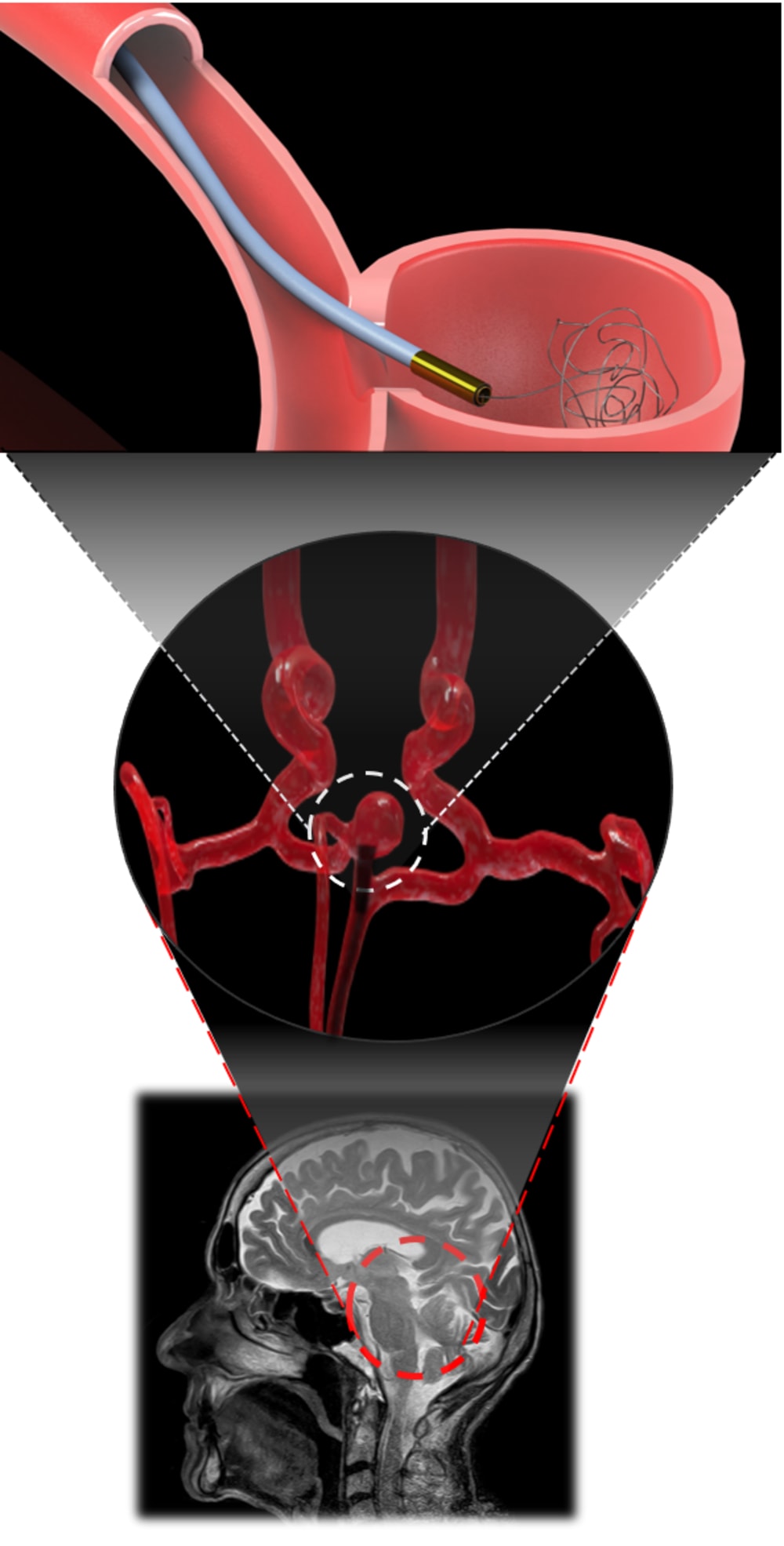
The gold standard for imaging to treat cardiovascular disease (leading cause of death worldwide) involves the use of X-ray fluoroscopy for device tracking. Prolonged exposure to X-ray radiation can lead to long-term health complications for both cardiologists and patients. Magnetic resonance imaging (MRI) scanners provide a radiation-free environment for safer operations but require conventional surgical tools (catheters, needles, guidewires) to be redesigned for safety reasons. These devices are also manually steered, increasing procedure time and surgeon operative fatigue. For these reasons, there is a limited commercial availability of MR-compatible surgical tools that perform similarly to conventional tools.
Our team has addressed these problems with radiation exposure, device performance, and surgeon operating fatigue in cardiac procedures by introducing the first remotely-controlled, MR-compatible, interventional platform for cardiovascular intervention. The robotic system enables radiation-free treatment of heart disease coupled with superior MR imaging capabilities for improved patient outcomes. Future extensions of the technology include MR-guided cardiac ablations to treat cardiac arrhythmias, atherectomy (coronary artery disease), and neuroembolizations (cerebral aneurysms).
Video
-
Awards
-
 2024 Top 100 Entries
2024 Top 100 Entries
Like this entry?
-
About the Entrant
- Name:Martin Phelan
- Type of entry:teamTeam members:
- Martin Phelan
- Siddhant Kadwe
- Marie-Catrin Schuster
- Lisa Stuch
- Patent status:pending






